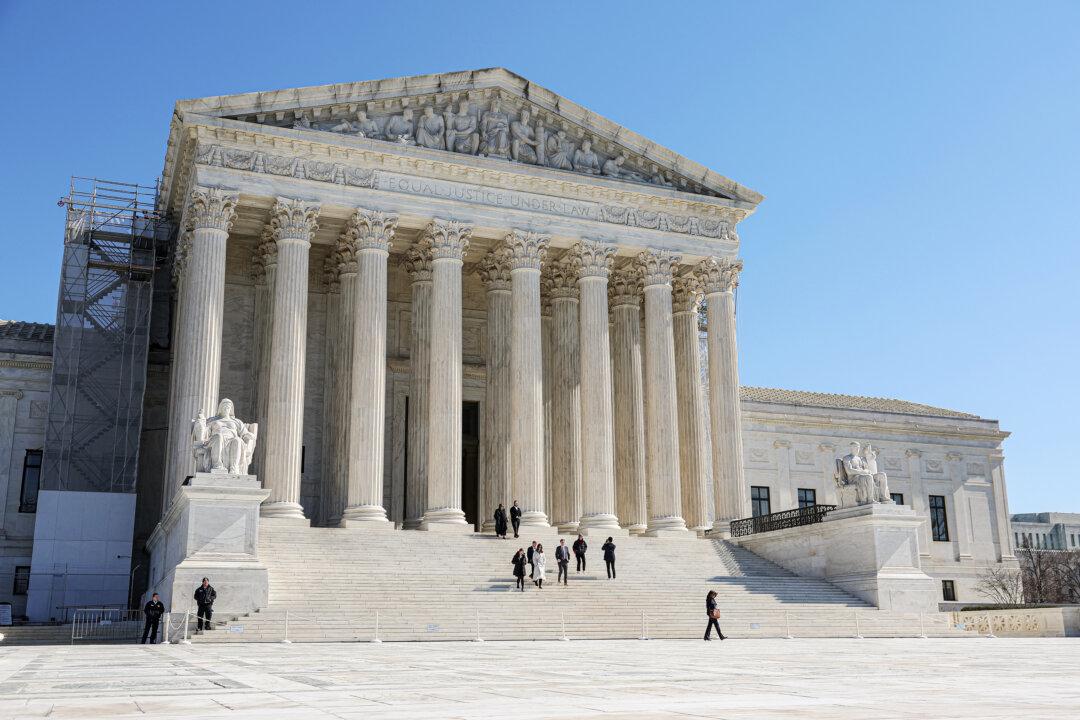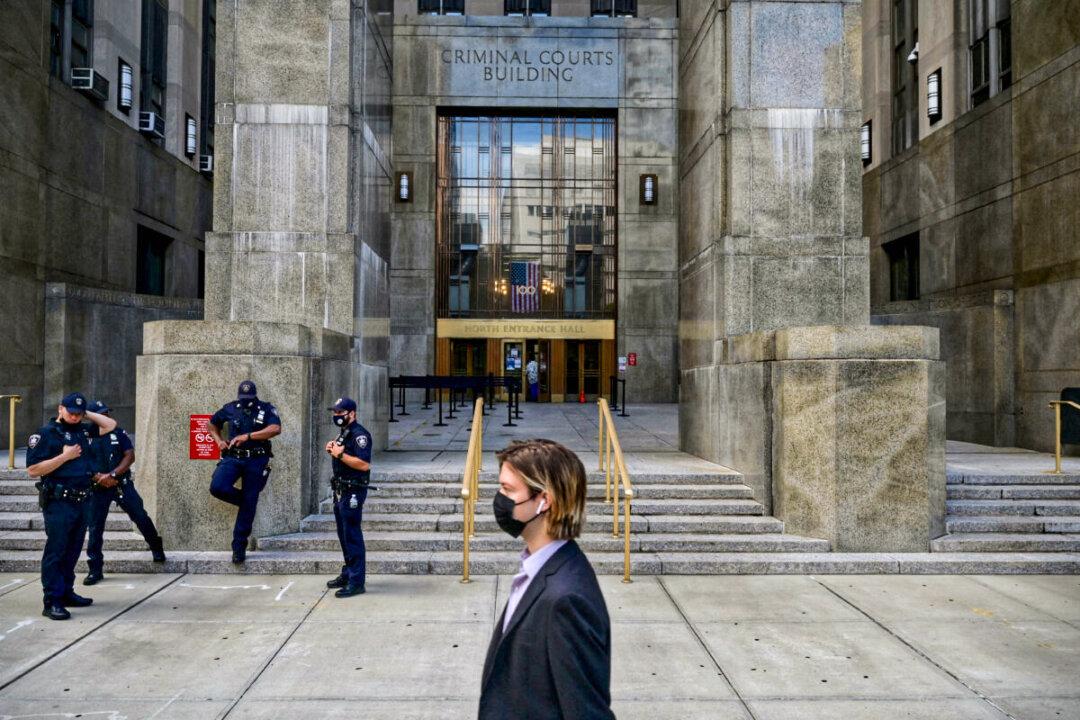Commentary
Reflection on the constitutional wreckage that has resulted from the misuse of the Foreign Intelligence Surveillance Act (FISA) during the course of the 2016 presidential campaign has been unfortunately deflected by the tsunami of coverage and discussion pertaining to the global health vicissitudes.





